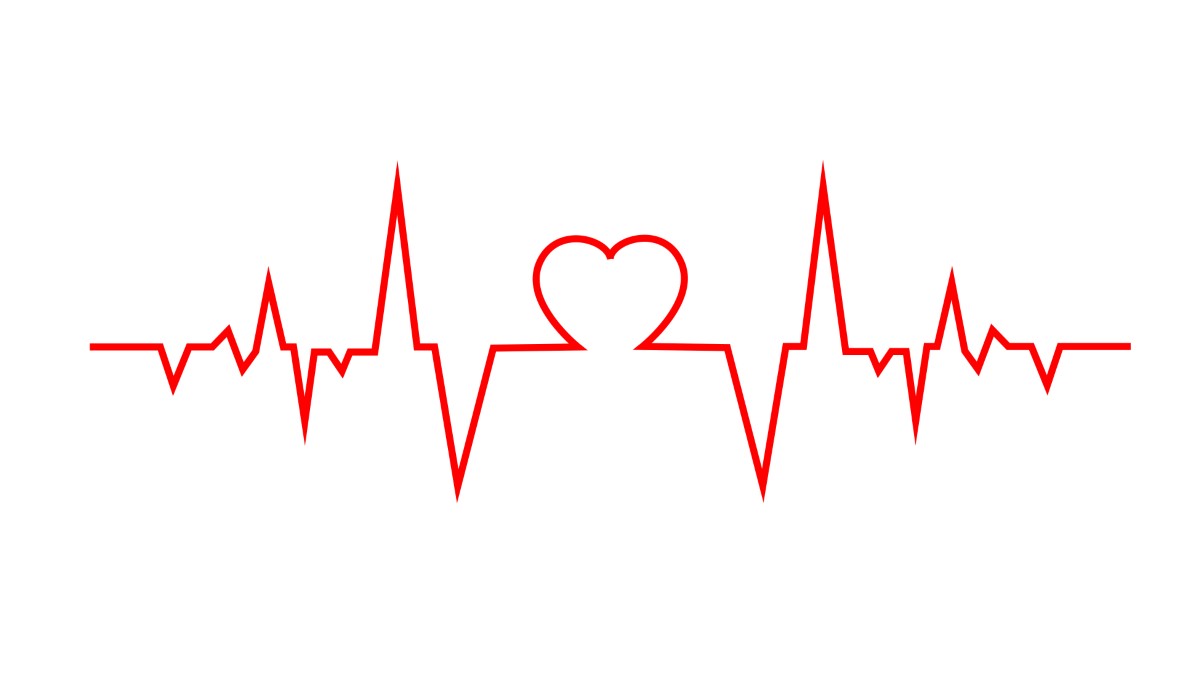

Heart Health
Innovations in cardiac testing have made a huge impact over the years and improved outcomes for patients. However, continued innovation cannot be relied upon and there are so many options that we cannot rely on our doctors to explain all of them. It is important to learn about all the choices that you may have in cardiac testing.
Here are 11 cardiac tests that you may want to discuss with your doctor:
- Electrocardiogram (EKG): This is the most common heart test. This test can reveal a previous heart attack and provides more information about a person’s heart. An annual EKG may decrease your risk of heart attack.
- Exercise Stress Test: This is the next most common heart exam. The stress test measures whether or not the heart is getting enough blood to keep up with the body during exercise. It can also detect blockages in the coronary arteries. It involves about 10 minutes of physical exercise while the heart is being monitored.
- Echocardiogram (Echo): This test shows pressure readings within the heart and whether or not the heart is enlarged. It can identify a previous silent heart attack. Most importantly it shows how well your heart is pumping which is important to being proactive on diagnosing heart failure.
- Transesophageal Echocardiogram: This test is used to visualize a specific portion of the heart that may be hard to see with other exams. This test can diagnose holes in the heart and blood clots that can cause stroke.
- Stress Echocardiogram: This test is best combined with the stress test. It is good for people who are younger and have a history of stable heart disease. This may be a good alternative to more expensive exams and can be done in the doctor’s office.
- Exercise Nuclear Stress Test: This test combines the Exercise test and a special nuclear agent. It can detect blockages or narrowing of exits.
- Positron Emission Tomography (PET): This is a very reliable and noninvasive test that can determine the presence of heart disease. However, this test can be costly and may require out of pocket expenses.
- Calcium Score Index: This test is most useful for those with no symptoms but may be at risk for heart disease. The downside to this is a high level of radiation exposure.
- CT Angiogram: This is a good test for people with a low or unknown chance of heart disease but it is less reliable for elders. This test must be done in the hospital since it involves slowing the heartbeat.
- Cardiac Catheterization: This test is considered the “gold standard” since it can confirm without a doubt if there is a blockage. This is an invasive test but carries less risk from radiation.
- Carotid Artery Ultrasound: This test normally serves to predict stroke risk but also can show information about the heart. It can indicate disease in the coronary arteries by the thickening of neck vessels.
Important Disclosure Information: The information contained within this blog is for informational purposes only and is not intended to provide specific advice or recommendations. Please remember that past performance may not be indicative of future results. Different types of investments involve varying degrees of risk, and there can be no assurance that the future performance of any specific investment, investment strategy, or product (including the investments and/or investment strategies recommended or undertaken by Schultz Financial Group Incorporated), or any non-investment related content, made reference to directly or indirectly in this blog will be profitable, equal any corresponding indicated historical performance level(s), be suitable for your portfolio or individual situation, or prove successful. Due to various factors, including changing market conditions and/or applicable laws, the content may no longer be reflective of current opinions or positions. Moreover, you should not assume that any discussion or information contained in this blog serves as the receipt of, or as a substitute for, personalized investment advice from Schultz Financial Group Incorporated. To the extent that a reader has any questions regarding the applicability of any specific issue discussed above to his/her individual situation, he/she is encouraged to consult with the professional advisor of his/her choosing. Schultz Financial Group Incorporated is neither a law firm nor a certified public accounting firm and no portion of the blog content should be construed as legal or accounting advice. A copy of the Schultz Financial Group Incorporated’s current written disclosure statement discussing our advisory services and fees is available for review upon request. Please Note: Schultz Financial Group Incorporated does not make any representations or warranties as to the accuracy, timeliness, suitability, completeness, or relevance of any information prepared by any unaffiliated third party, whether linked to Schultz Financial Group Incorporated’s web site or incorporated herein, and takes no responsibility therefore. All such information is provided solely for convenience purposes only and all users thereof should be guided accordingly.